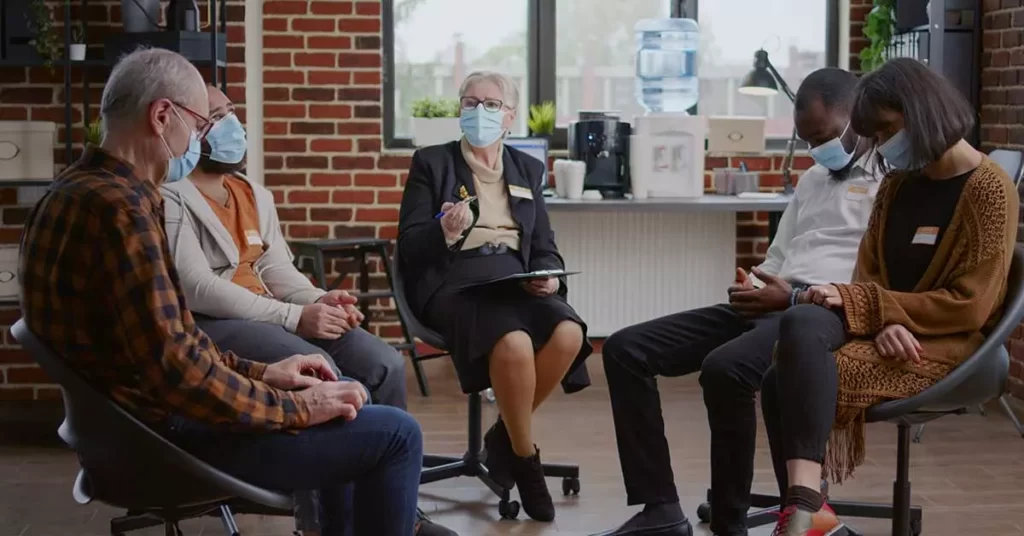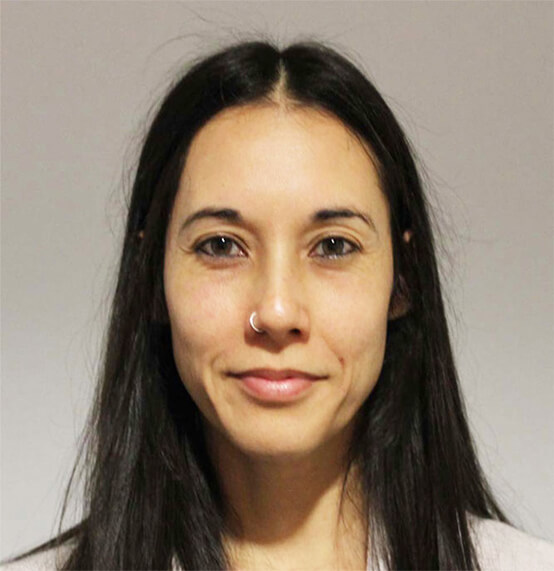Counselling is one of the National Disability Insurance Scheme (NDIS) therapeutic supports to help you improve your mental and emotional well-being.
As an eligible participant, you’ve finished searching for “counselling service near me” and you’ve now scheduled your first counselling session. But, you don’t know what to expect from it.
You might be feeling nervous, anxious, and lost. You might be feeling embarrassed or afraid to open up to a person you’ve never met before. You might be thinking that people are going to judge you for seeing a counsellor. You might be terrified that you might lose control over your emotions and suddenly break down in the middle of the session.
Experiencing any of these? Most people feel these too! Do not worry; these are all normal feelings and thoughts especially if you do not know what to expect from a session. What is important is that you have acknowledged that you do need counselling. That is one big step towards achieving your goals for total wellness. Read on below to know what to expect from your first counselling session.
Arrival
Similar to other health care appointments, a receptionist welcomes you and gives you some paperwork to read through and fill out. This usually includes documents about your general information, confidentiality, and informed consent. Some service providers give these to you via online so you can fill them up beforehand. You will then be brought inside a room where it is just you and the counsellor for the session to take place.
Introductions
Unlike your future counselling visits, your first session will focus on getting to know one another and how to proceed afterwards. Succeeding visits will be more therapeutic in nature.
Even if it is your first session, try to let your guard down and talk freely. There is no pressure for you to spill out your deepest secrets or emotions right away. Light topics are usually initiated for both of you to build some rapport. Building trust and rapport with your counsellor allows this and future visits to go as smoothly and effectively as possible.
Establishing Purpose and Needs
Your counsellor will ask you directly why you’re seeking therapy. They may ask what kinds of specific issues you’d like to address and what you hope to achieve. They will also ask if you have attended any counselling or received any treatment before for those issues and what worked and what didn’t.
Asking Questions
To dig a little bit further, your counsellor might ask the following questions:
- What are your symptoms?
- What do you feel is wrong in your life?
- Questions about your medical and social history (significant childhood experiences, education, relationships with family, friends or significant other, living situation, and career
You can also be the one to ask some questions to your counsellor:
- How long does each session usually last?
- How many sessions will I be needing to resolve my issue?
- Will everything be confidential?
- In what instance will confidentiality need to be broken?
- How long have you been a therapist and what do you specialise in?
- Do you have experiences dealing with similar issues like mine?
- What do I need to do in between counselling sessions?
After Your Session
Congratulate and pat yourself on the back because you’ve made it through a session! Reflect on what was discussed during your first session. If you feel that you have missed something, write it in a journal so that you can bring it up in your next session. You might also want to reflect on whether you felt comfortable or not with your counsellor. If not, you can try another counselling session with a different counsellor. Feeling comfortable enough with your counsellor to discuss your issues is a very important factor for successful therapy.

Avocadocare: Providing You With the Best Counselling Services in Melbourne
Avocadocare understands the importance of your mental and emotional well being. This is why we provide counselling and psychosocial recovery support as part of therapeutic supports in your NDIS plan. Aside from our expert Melbourne counselling service, Avocadocare also provides other support services such as core support, capability building support, and support coordination.














